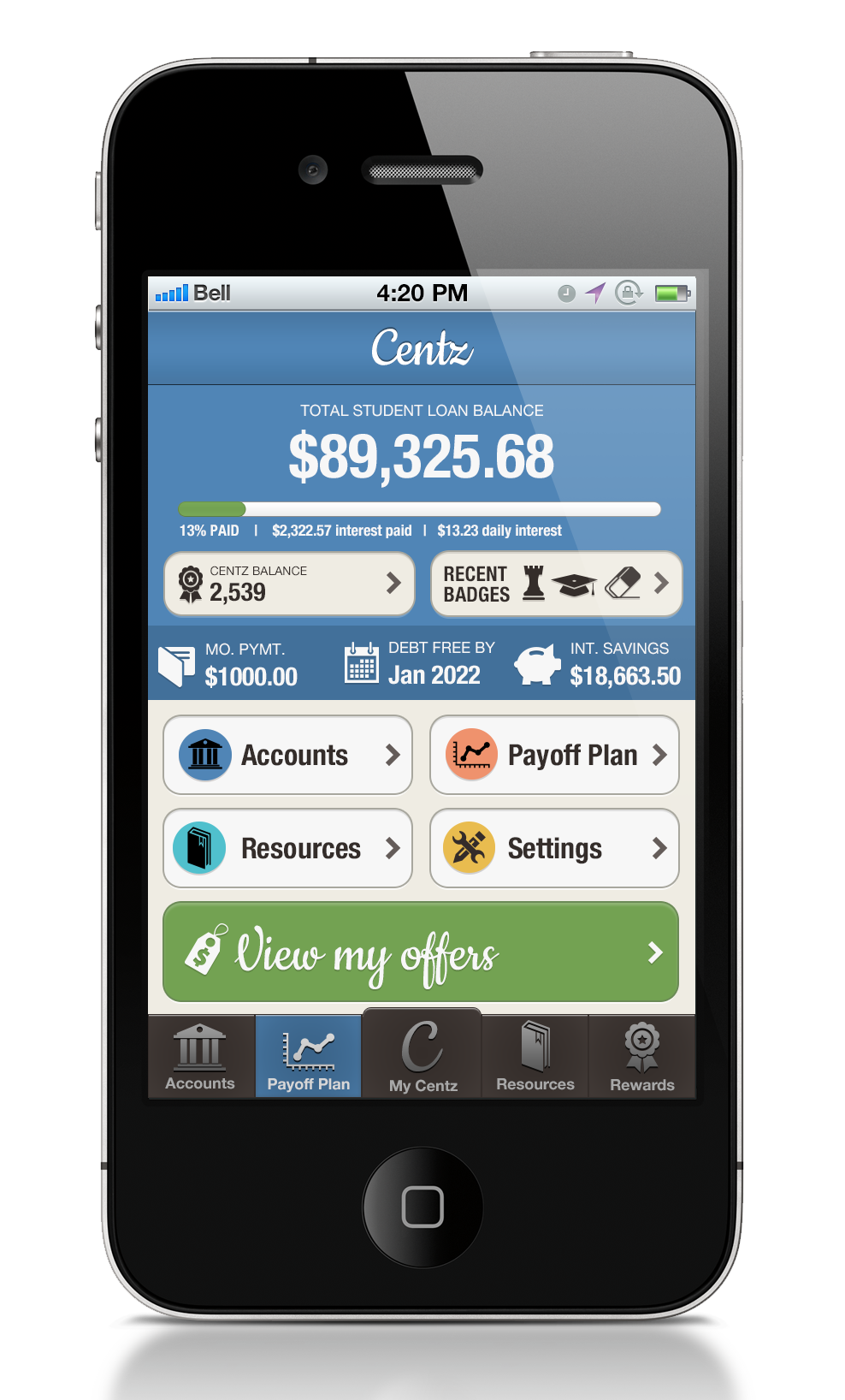I graduated from grad school almost 1.5 years ago.
I was one of those people who went straight from undergrad to grad school without taking a break. I loved school! I very much enjoyed being fed assignments and due dates and specific things to focus on.
As nerdy as it is, the day we received our syllabi each semester was probably the most exciting day of the semester for me. I could plan! I could color code my planner! I could start learning!
But when you graduate, you no longer get the luxury of someone hand-feeding you a syllabus. Continuing to learn is something that is really up to you.
And it takes a lot of effort.
I’ve been thinking a lot about how to continue learning after one’s formal education has ended.
Fortunately, we live in a time where we can access a lot of educational materials (for free!) via the Internet. Some of the traditional ways to continue learning (especially in relation to your career path) include seminars, conferences, and even further higher education.
Those can add up. Both in terms of money and time commitment required.
The great thing about using online resources is that you can largely choose when and how much effort you will put into it. There are many solutions out there, but here are a couple of the places that you can go when you want to get your learn on:
1. Coursera
Coursera partners with top universities to offer free online courses that anyone can take. With Coursera, you can take online classes at your own pace, watch online lectures from top professors, test your knowledge and complete interactive quizzes. You can choose to complete all course assignments (with due dates!) in order to earn certificates or you can choose to simply take advantage of course materials. Earlier this year, I watched all of the videos offered through the Human-Computer Interaction course, but chose not to complete the assignments. HCI is something that is pertinent to my day job, so I thought it was a great way of reinforce some of the fundamentals. You can take courses in nearly anything. From computer science to sociology to finance, they have something to appeal to folks from all disciplines.
2. Stanford University’s Venture Lab
Venture Lab is similar to Coursera in that it provides free online courses. Venture Lab, however, is affiliated with Stanford University, whereas Coursera offers courses from a variety of universities. Venture Lab’s offerings are much more slim, with only five courses being offered this fall. Courses via Venture Lab emphasize collaboration, so students are encouraged to team up with each other to complete assignments throughout the courses. I’m particularly excited about Technology Entrepreneurship, which (you guessed it) covers the fundamentals of technology entrepreneurship. This class actually started today, so I’m excited to see what it has in store for me. I’m not sure if I’ll be able to devote a lot of time to the class, but I’m excited to at least participate in the readings.
3. Khan Academy
Khan Academy doesn’t offer full structured courses with lectures, assignments and interactivity like Coursera and Venture Lab, but it does offer a very robust library of videos on pretty much any topic you can think of. They have over 3,000 videos that are broken up into 10-20 minute chunks. The learning level seems to be more in the K-12 range, but if you’re looking for an introduction to a particular topic, it could be a good source. Khan Academy also offers interactive quizzes and assessments, so you are still able to assess how much you have learned without having to take a full course. This makes it easy to come and go as you please.
So there you have it, three multi-disciplinary sites that you can go to in order to continue your education after you have left the ivory tower.
Have you ever taken a free online course? What did you think of the experience?




